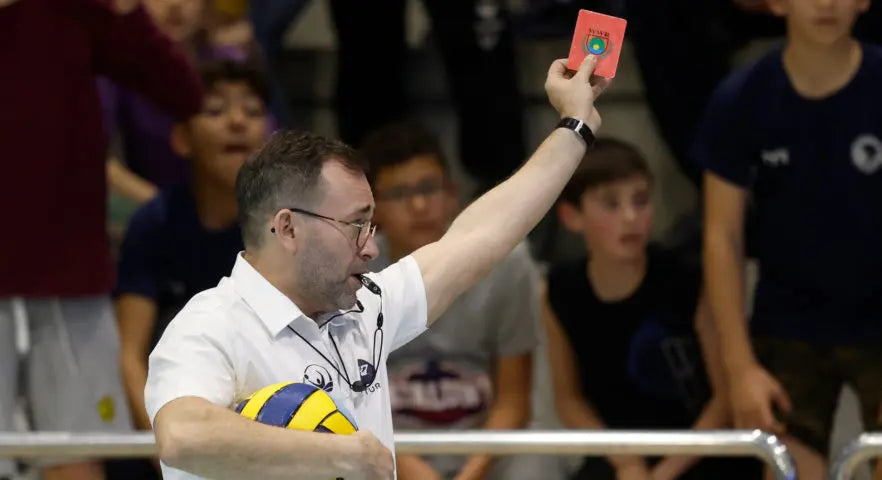Your Cart is Empty
I think the Deestro machine is an amazing tool to work on strength building while swimming. It lets me focus on explosiveness pulling water for power rather than speed. It also is a great tool for leg trainings because it provides a consistent resistance across the pool, unlike bands. I love the deestro and look forward to using it in my training regime.
I’m completely happy with this purchase. It was fast delivery and the ball was wrapped and completely new.



